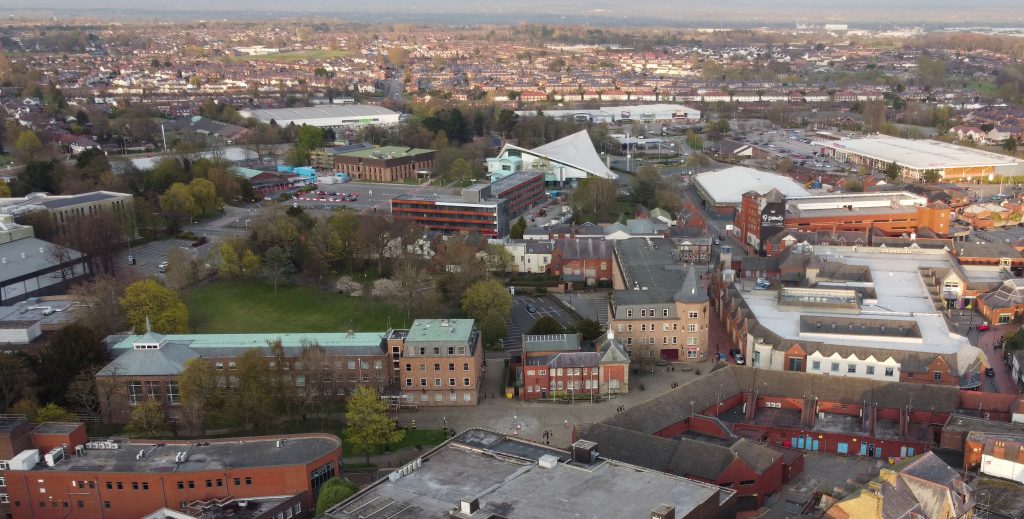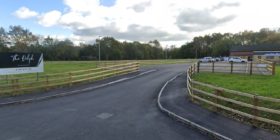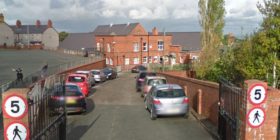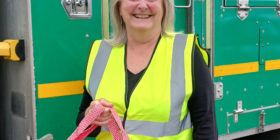Police Chiefs Unable to Provide Evidence of Reduced Casualties with 20mph Speed Limit in North Wales

Almost a year to the day after the 20mph speed limit was introduced in Wales, North Wales Police were unable to produce evidence that the law has reduced casualties.
Police chiefs were grilled by a committee of councillors at a North Wales Police and Crime Panel at Conwy County Council’s Bodlondeb HQ.
The 20mph default speed limit was introduced on restricted roads by Welsh Government on 17 September 2023, replacing the old 30mph limit.
But at the meeting yesterday afternoon (Monday), North Wales Police’s Crime Commissioner Andy Dunbobbin and Chief Constable Amanda Blakeman said they were unable to provide, or hadn’t seen, evidence that the 20mph speed limit had reduced casualties.
Cllr Chris Bithell sits on the crime panel and asked if casualties had reduced.
Cllr Bithell raised the Welsh Government allocating £5m to reassess the speed limit on 20mph roads earlier this summer, referring to it as a ‘review’.
“I’m just wondering to what extent, if any, the 20mph zones have had in terms of accidents in North Wales and serious accidents in particular,” he said.
“Is there any evidence (of a reduction) has been a result of this? I’m getting a lot of messages. I think a lot of other councillors probably are too in terms of the review that’s going on.
“Many people welcomed this (the review) and they didn’t want the 20mph zones in the first place, but again, I’m getting communications from people concerned about us going back to the 30mph limit in certain areas because they feel far more comfortable and safer for themselves and their children in those particular areas and have noticed an improvement. I’m just wondering if there is any evidence from the police in that respect.”
But Crime Commissioner Andy Dunbobbin – who had presented his annual report at the meeting, highlighting road safety as a priority – said he didn’t have the figures requested.
“With the 20mph and the impact that has had, I haven’t got those figures to hand,” he said.
“I’m not sure if the Chief Constable would be able to provide a more substantive answer to that question, but unfortunately I haven’t got that to hand at this moment.”
Chief Constable Amanda Blakeman commented: “With the 20mph, the majority of our enforcement of it has been around the areas you would expect and anticipate for us to be doing – in schools, those areas that are very vulnerable, and obviously from a feedback point of view, it has been a really challenging and difficult area that has been an ongoing engagement with communities.
“In terms of being able to identify whether it has made a difference to road casualties, we would have to go away and have a look at that. I haven’t got any evidence of that at this time.”
She added: “I would say a lot of our serious road traffic collisions happen on our fast roads and happen, as we know, around things that we do a lot of work around prevention (wise), (for example) Op Darwin, motorcyclists, but we can definitely go away and have a look at that for you and give you some substantive feedback.
“But at this moment in time, there is nothing I’ve seen in all the reports I’ve had that has indicated that to be the case. But the engagement, and I think support, for us enforcing around our schools particularly, hospitals, areas where we have got vulnerable communities, has been quite strong.”
By BBC LDRS
Spotted something? Got a story? Email News@News.Wales







